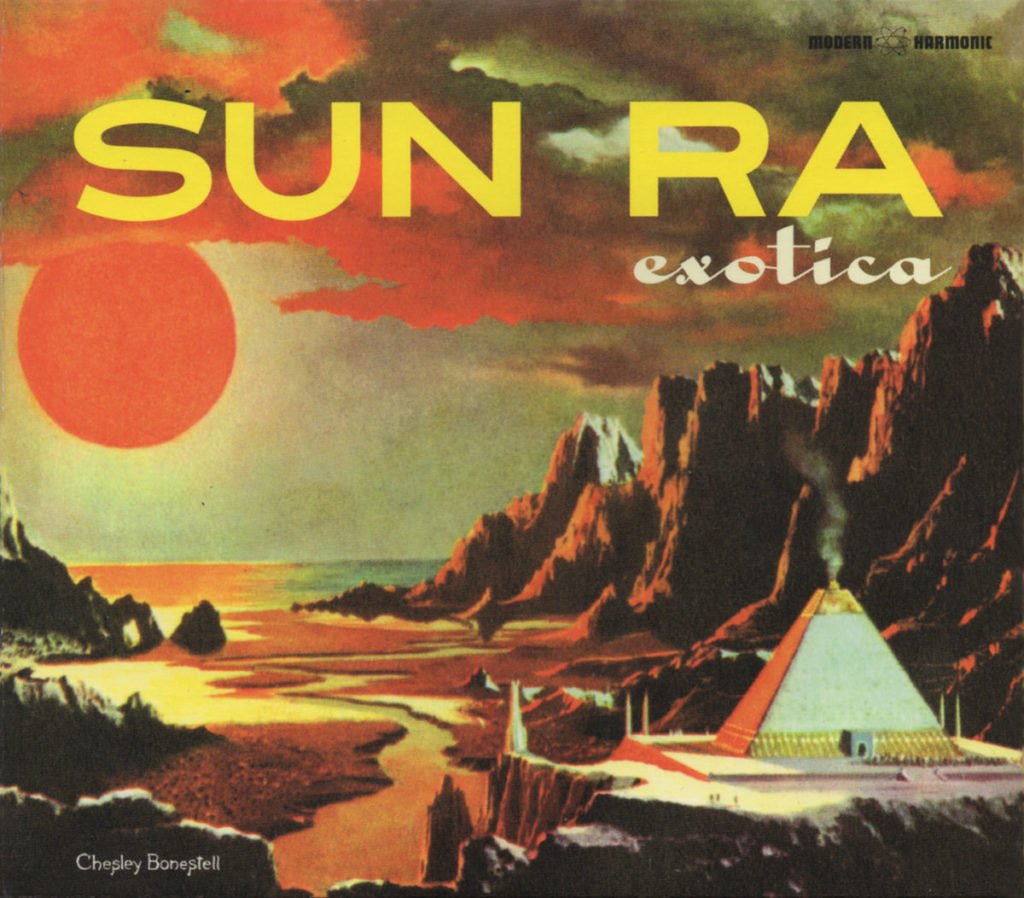
Warren Ellis has been reclaiming his physical media, sorting through collected DVDs and CDs — and sending off for new additions — in defiance of this century’s model of ephemeral, digital distribution of art. Ellis’s re-transition is occurring in public, through his fantastic newsletter — Orbital Operations — and photos appearing on his blog. There’s a touch of paranoia about treasured music becoming unavailable, whether through hard drive failures, platform redundancy, the whims of corporate interests, or technological apocalypse. It’s a calculated “withdrawal from feeds and streams,” he says, meaning the download option is considered a form of ownership. Here’s a section from today’s issue of Orbital Operations:
This is, of course, all part and parcel of my withdrawal from the feeds and streams … also, a continuing personal rejection of Music As A Service. I purchase all my downloads. And if something for sale is offered for free on a streaming site, I try to track the thing down and buy it if I love it. Sampling is fine. That’s what radio was/is for. I use YouTube and other services to sample things, and I think – I hope – it can help artists. But renting a music collection is bullshit and bad for everybody. (As is, of course, acting as if music is free like air. That only works if you don’t let all the trees die.)
(But, I reiterate, personal. Not trying to make you feel bad for streaming here. This is just what works for me, and I am well aware of my personal privilege of having an amount of disposable income for music.)
These thoughts intersect with Darren Hemmings’ piece I mentioned in a previous post, and how many of us are re-evaluating our relationships with the transitory delivery of digital art. Hemmings’ reservations mainly come from wanting to give an artist his or her due — some coin directly in the pocket — and a reasonable suspicion into the goals of a company like Spotify. These feelings also motivate Ellis, but he adds the wild card of wanting to own his music and movies and to enjoy them in a way that’s not dependent on a corporate subscription platform. In other words, something other than a platform that encourages ephemerality and distraction through endless options.
And this dovetails into my preoccupation with the societal effects of music streaming and our perception of ‘music’s place in the 21st century.’ I was a late adopter of music streaming — a casual free-tier Spotify user, the launch of Apple Music is what got me fully on board.1 Know that my late-adopter status wasn’t a Luddite-like resistance — I wasn’t listening to a lot of music in the first half of the 2010s, something I may get into at a later date. I went through multiple stages of the streaming listener: excitement at all my favorite albums at hand; discovering new albums and artists based on reviews in niche blogs; getting seduced by the fun of playlists2I temporarily switched from Apple Music to Spotify as my platform of choice during this stage.; and the realization that an obsession with playlists was turning me into a passive listener rather than an intentional one.
Passive vs. intentional is a recurring theme on this blog and it’s something I think about a lot. One effect of ‘newsfeed culture’ is it creates passivity in our consumption — what we see and hear is determined by an algorithm or a curation, a diet of someone else’s choices. This passivity isn’t always bad. When we listen to the radio, we are listening passively, and there have been times when a random radio experience changed my life. But the erosion of intentionality is a disassembling of personality. This condition can deprive us of the agency of our thoughts.
Fandom requires intention, as we decide the artists worthy of our obsession and adulation. Of course, the fan can discover a new artist through radio or a playlist, but there needs to be a push – an inner encouragement, even — to explore further. Whether by design or not, I find that playlists encourage the opposite. There’s always that new niche playlist — updated regularly! — front-and-center on the platform’s launch page, drawing attention with delightful sonic promise.
Like Hemmings and Ellis, my struggles with this brought me to Bandcamp and my personal library.3Unlike Ellis, I won’t go as far as embracing physical media. I’ve flirted closely with hoarder tendencies when I was ‘collecting,’ and I don’t want to go back there. My practice was independent of their individual screeds. Several months ago, I started building a Bandcamp collection of music for sleeping. I noticed that familiar satisfaction of purchasing a release and knowing the majority of my payment will go to the creator — a much different psychological experience than a monthly subscription payment to a DSP. And I was picky about what I was purchasing, thus committing the music to multiple listens and an attachment to memory. At first, I left these releases to play via Bandcamp but soon downloaded the lossless files, adding them to my iTunes library. More satisfaction; I was creating a walled-garden library of music that I intentionally discovered and considered top notch. Sort of like I did when I was a teenager buying record albums and arranging them in a milk crate.
And now I’m visiting Bandcamp more often than Apple Music or Spotify, and I’m purchasing more than ‘sleep music.’ Admittedly, I’m still experimenting — this whole era of digital music has been a constant experiment — and I’ll continue to document all this on the blog. But behind this post is a fascination that as all things internet

